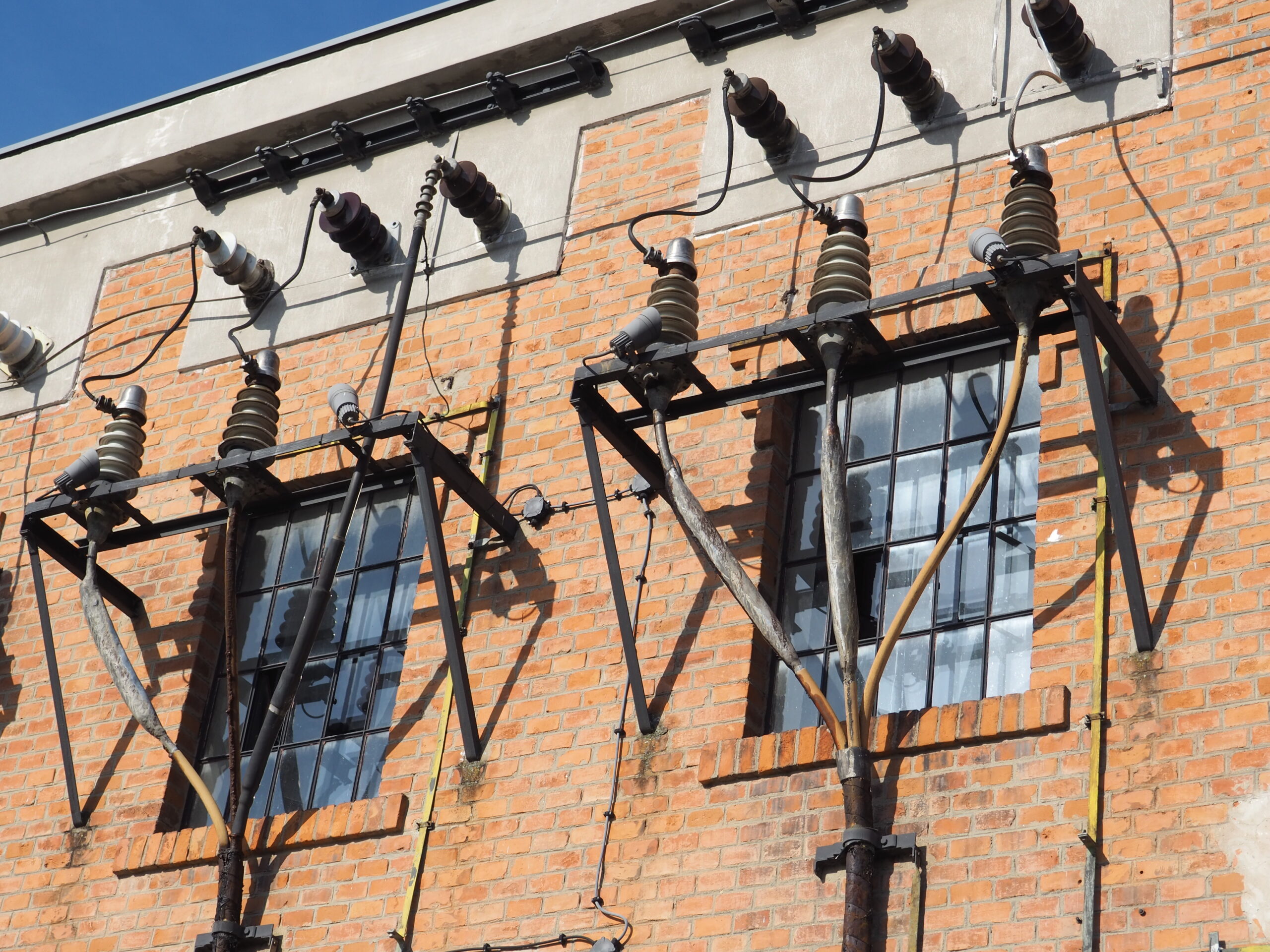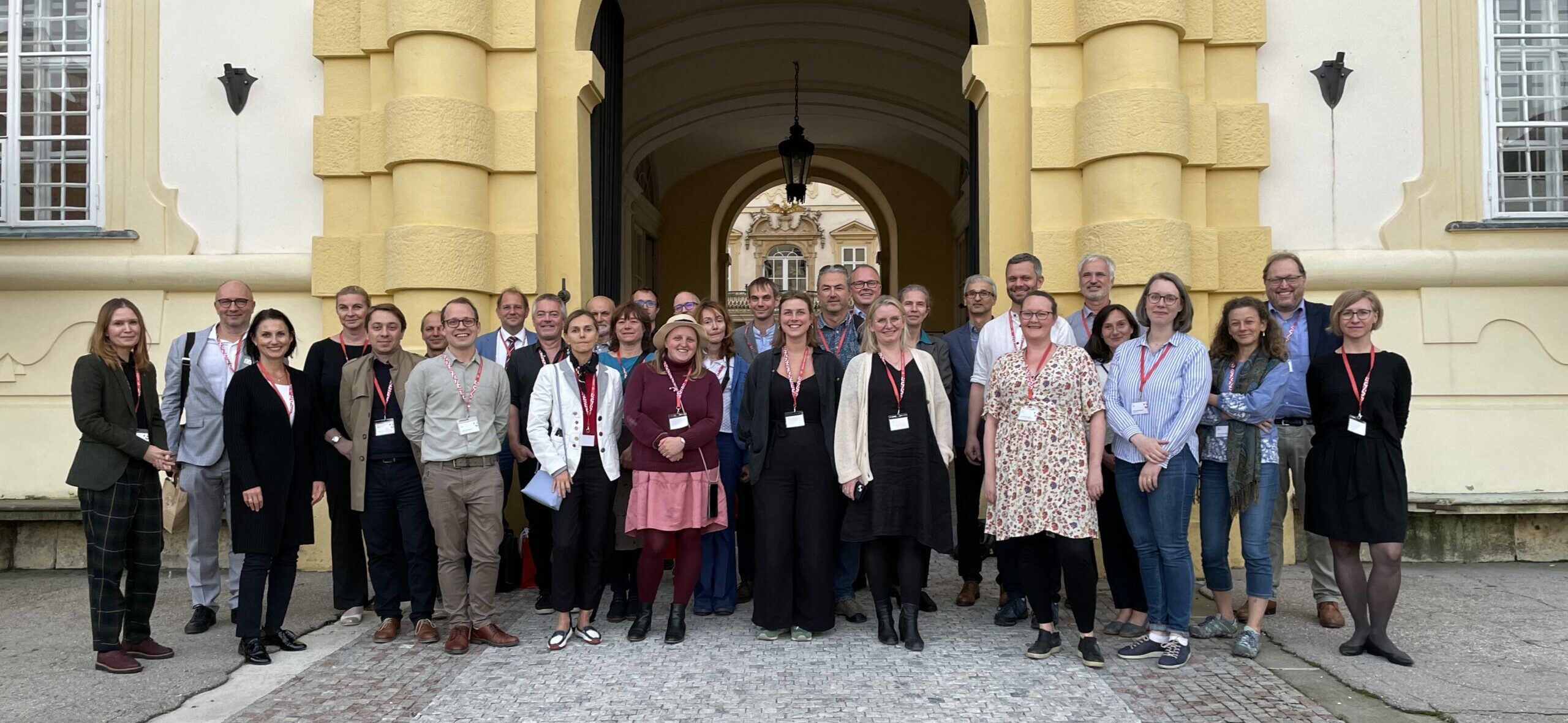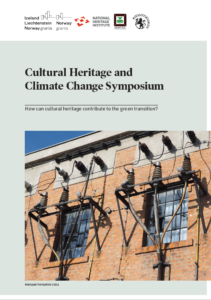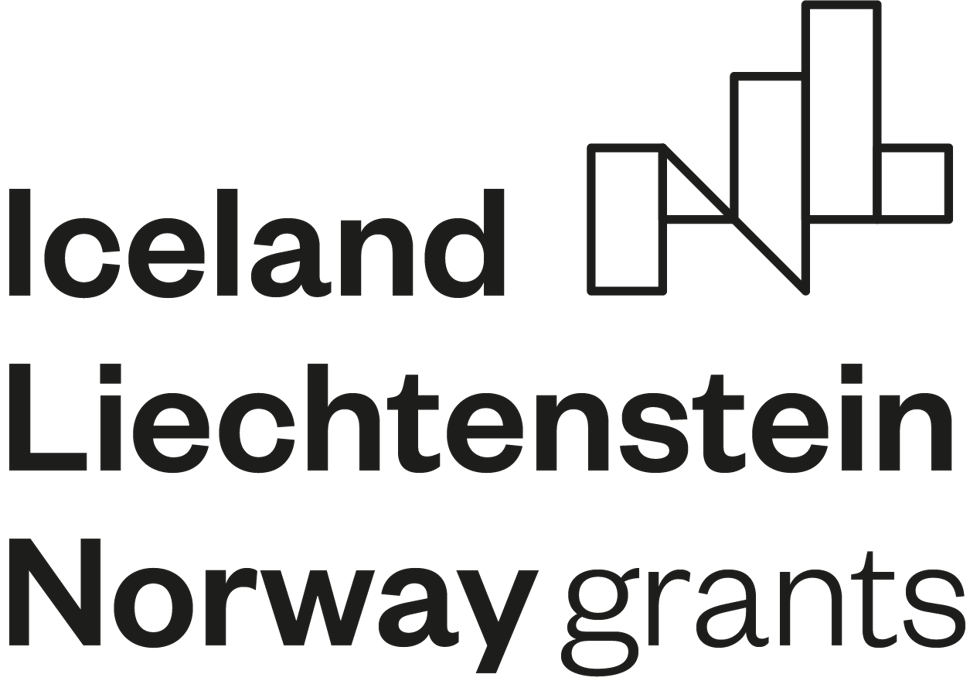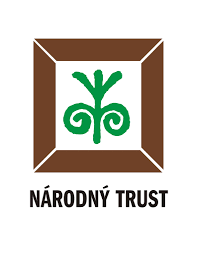Climate change is the major challenge of our time, and it is a major topic within cultural heritage management. Cultural heritage is part of the solution to climate change, but at the same time the green transition can have negative effects on cultural heritage values. A well-considered approach is therefore needed to find solutions that balance the goals of mitigating climate change and safe-guarding cultural heritage values.
More than 30 experts from the heritage field gathered over two days in the Czech Republic and Slovakia to share their experience and define the main challenges for cultural heritage in a changing climate.
The Symposium was a collaboration between the Czech National Heritage Institute, The National Trust of Slovakia, and the Norwegian Directorate for Cultural Heritage (Riksantikvaren). And it was financed by the EEA and Norway Grants in Czechia and Slovakia.
Resources
Several resources were translated and made available through the symposium. They can be found here:
- Norwegian Guidelines on Solar Energy Systems for Existing Buildings
- Czech Guidelines for the Assesment of Photovoltaic Projects on Cultural Monuments
- Slovak guideline on Photovoltaic Energy (coming)
- Norwegian Guidelines on the use of Heat Pumps in Heritage Buildings
- Norwegian General Advice on Energy Efficiency in Old Buildings
EEA and Norway Grants represent the contributions from Iceland, Liechtenstein and Norway to reducing economic and social disparities in Europe, and the strengthening of bilateral relations between Norway and the 15 EU countries in Central and Southern Europe that receive the grants. The grants are used to fund projects within fields such as the environment, climate, health, research and cultural heritage. Currently, there are seven countries that choose to prioritise cultural heritage.
Cultural heritage is an important resource for local and regional development. Projects such as the restoration and maintenance of cultural heritage monuments and sites, can create jobs and contribute to increased tourism and beneficial business conditions. They also create social meeting places. Bilateral initiatives can provide important platforms for professionals in the cultural heritage field to meet and exchange knowledge, methods, and ideas.

